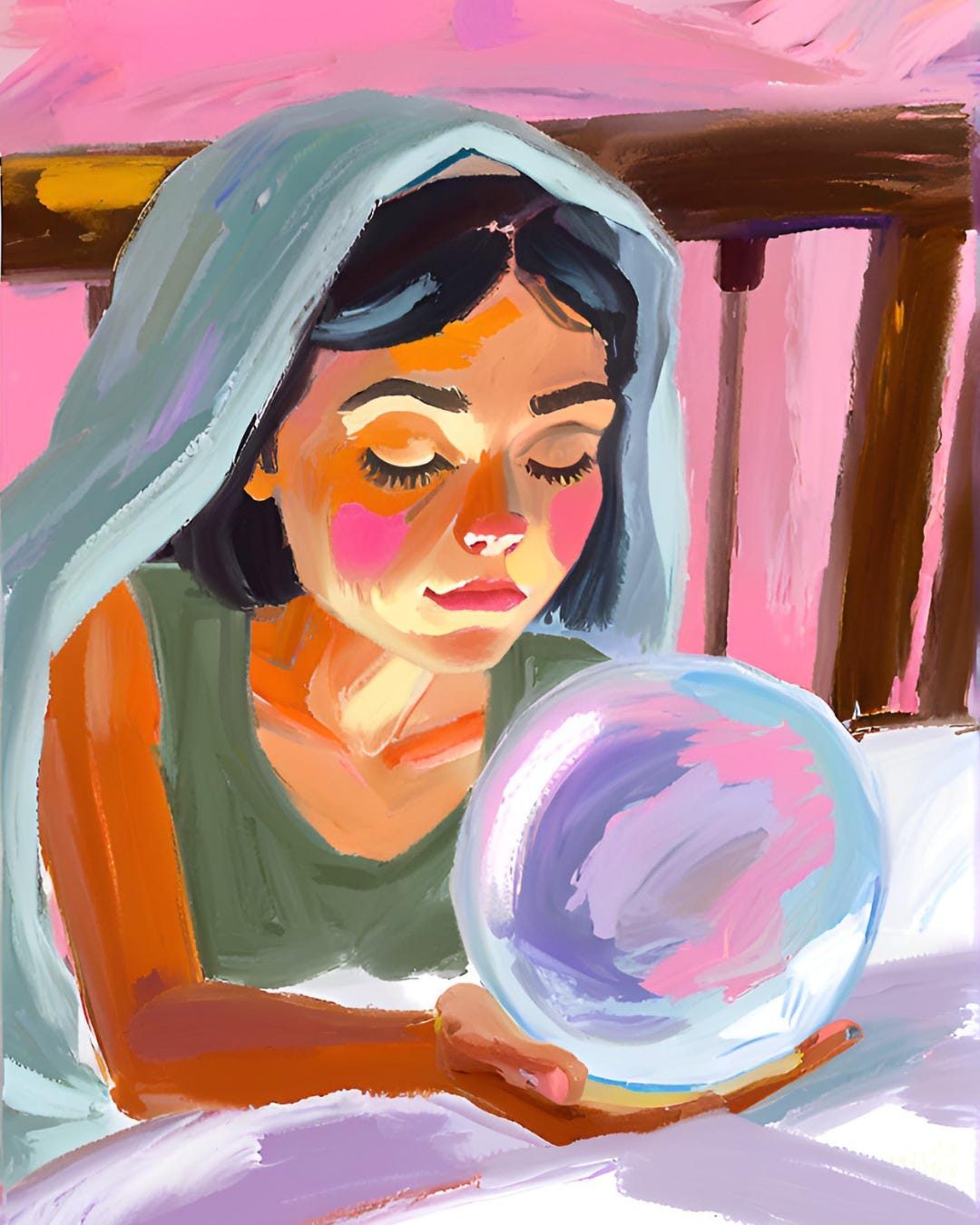Are You Psychic? How Jumping to Conclusions Affects Life with Chronic Illness
A reflection on jumping to conclusions while living with chronic illness.
When Your Brain Plays Fortune Teller
Living with chronic illness can feel like trying to navigate in the dark with an ever-changing map. One day you might feel okay, the next you're knocked flat by symptoms you didn’t see coming. Add in the unpredictability of medical appointments, shifting energy levels, and the emotional toll of explaining your health to others—and it’s no wonder the mind scrambles to make sense of it all.
But in that scramble, our brains sometimes take shortcuts. And not the helpful kind.
One of these mental habits is known as jumping to conclusions. It’s a cognitive distortion—an unhelpful thinking pattern—where we assume we know what’s coming or what others are thinking, often without real evidence. These assumptions might feel protective, but over time, they can box us in.
They usually show up in two familiar ways:
Mind reading is when we believe we already know what others think about us.
“They must think I’m lazy—I canceled again.”
“My doctor won’t take me seriously, so why bother?”
Fortune telling is when we predict the future in a negative way.
“I’ll never get better, so what’s the point of trying anything new?”
“If I go out, I’ll crash and embarrass myself.”
The problem with these thoughts isn’t that they pop up—because they will. It’s that they start to shape how we live. And often, they make life feel smaller, more fragile, and less hopeful than it needs to be.
How This Distortion Shows Up in Real Life
Our brains are wired to spot patterns and avoid pain. If something hurt before—a flare, a dismissive doctor, a social misunderstanding—we try to brace for next time. But with chronic illness, the landscape is constantly shifting, and these assumptions can keep us stuck.
You might avoid seeing a new doctor because the last one didn’t listen.
You might withdraw from friends, convinced they’re tired of your “excuses.”
You might skip opportunities that could bring joy because you’re already bracing for failure.
None of this means you’re weak. It means you’re trying to protect yourself. But sometimes, what starts as self-protection becomes self-limitation.
So… What Can You Do?
We can’t control all the unknowns that come with chronic illness—but we can gently question the stories our minds tell us.
Try asking yourself:
Is this a fact, or just a fear?
Has someone actually said they’re frustrated with you? Or are you filling in the silence with self-criticism?
Has this new doctor actually dismissed you yet? Or are you preparing for a past experience to repeat?
Another helpful question:
What would I say to a friend?
Imagine a fellow patient told you: “I don’t even want to try this new treatment. It’s probably going to fail.”
Would you say, “You’re probably right”? Or would you offer them kindness, hope, and maybe a little encouragement to try?
And when the future feels especially heavy, it can help to soften your certainty:
Maybe it’ll be hard. Maybe it’ll go better than expected.
This doesn’t mean denying risks—it means making space for more than just the worst-case scenario.
Start Small. Stay Curious.
You don’t have to overhaul your thinking overnight. Try a gentle experiment. Go to that event, but just for 30 minutes. Try the new doctor, but come prepared with a clear list of questions. Say yes to a small opportunity—not because you’re sure it’ll go well, but because you're open to being surprised.
Every time you act in spite of an assumption, you collect real evidence about what’s possible.
Final Thoughts: Uncertainty Isn’t the Enemy
Living with chronic illness asks us to face a lot of unknowns—but not all uncertainty is danger. Some of it is potential. Some of it is room to grow.
You don’t need to predict everything to stay safe. In fact, believing that things could go well can sometimes be its own form of healing.
So the next time your mind leaps ahead to a conclusion, pause.
Take a breath.
Ask: “Is this the truth… or just a guess?”
You’re allowed to hope. You’re allowed to try. And you never have to do it alone.
Have you noticed yourself jumping to conclusions? How do you talk back to that voice in your head? Let’s hold space for each other in the comments. 💬




